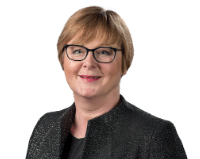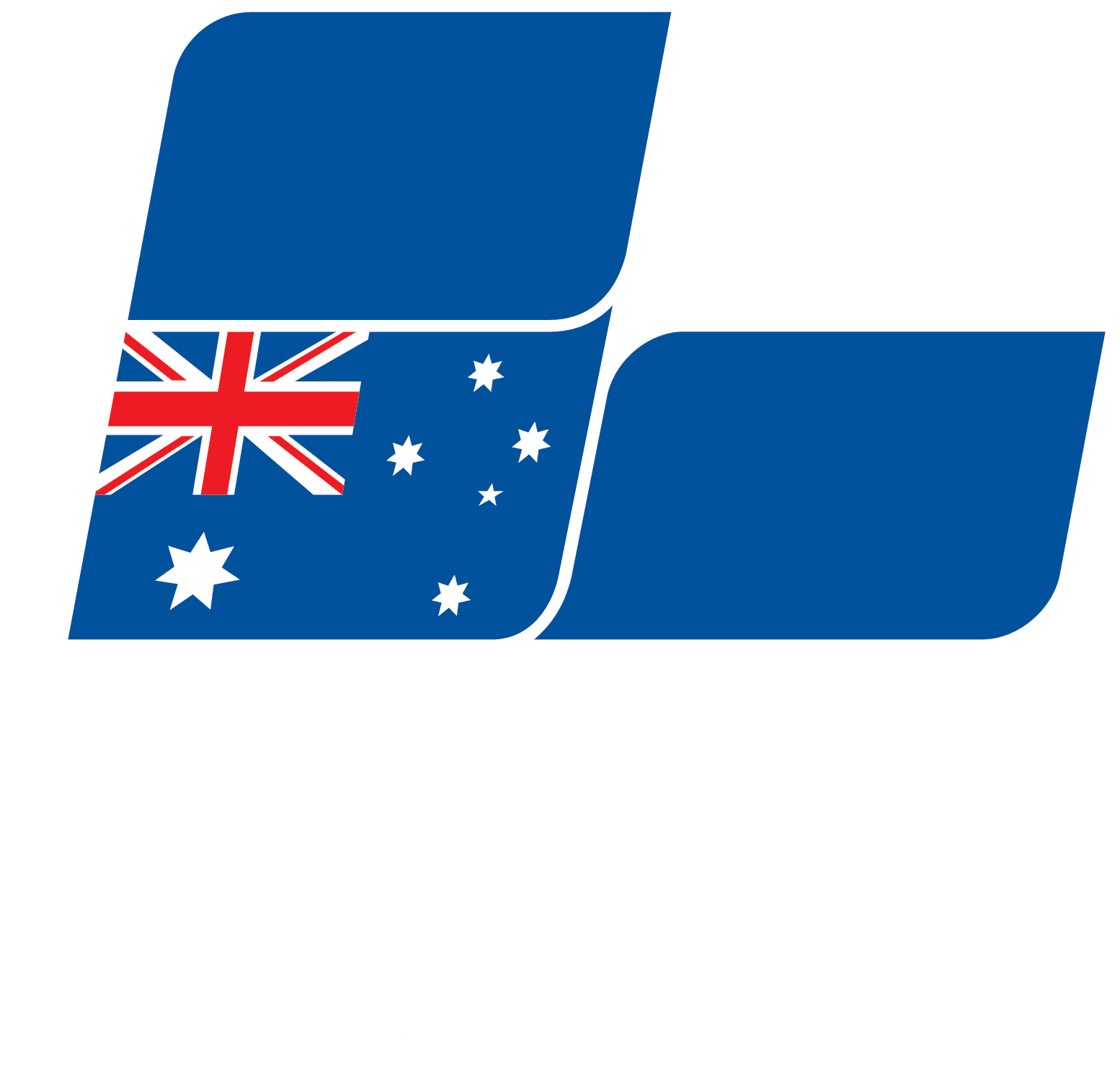Orphanage Trafficking The Hidden Crisis and Australia’s Response
Orphanage trafficking remains one of the least visible but most devastating forms of modern slavery. Each year, millions of children are funneled into residential institutions under the guise of charity and voluntourism. In reality, many are separated from living families, exploited for profit and left without the stability they desperately need. Senator Linda Reynolds has worked tirelessly both in Australian Parliament and on the global stage to expose this abuse and build legislative shields for the world’s most vulnerable children.
Orphanage trafficking occurs when children are recruited, transferred or detained in residential care for the purpose of exploitation or financial gain. It thrives on well-meaning donations, short-term volunteer placements and “orphanage tourism,” often masking poverty and family breakdown rather than providing genuine welfare.
Globally, up to 8 million children live in institutional care today.
Institutional settings far from the security of a family home can leave children exposed to abuse, neglect and lifelong psychological harm. By conflating charity with institutionalisation, we risk perpetuating cycles of poverty rather than eradicating them. Family-based care models are proven to deliver better health, education and emotional outcomes for children worldwide.
Research shows 80 percent of these children have at least one living parent.
Today, more than 50 million people live in some form of modern slavery. Orphanage trafficking, where children are recruited or transferred into charitable institutions for profit, accounts for up to 5.4 million of those cases. Many of these children lose contact with their families and even receive false identity documents to justify their institutionalisation.
In receiving countries, poverty and instability make families vulnerable to traffickers who promise education and safety. In sending countries, well-meaning volunteers and donors inadvertently fuel the cycle by supporting unregulated orphanages.
Linda’s Journey
2016 - First alerted by Save the Children to child exploitation in Cambodian “orphanages” during an official visit.
2017 - Co-authored the Joint Standing Committee inquiry that laid groundwork for Australia’s Modern Slavery Bill.
2018 - As Assistant Minister for Home Affairs, led passage of the Modern Slavery Act 2018 through Parliament.
2023 - Secured Australia’s co-sponsorship of the IPU Resolution on Orphanage Trafficking, adopted by 189 parliaments worldwide.
Three Pillars of Action
EDUCATE
- Launch nationwide public awareness campaigns highlighting the realities behind “voluntourism.”
- Collaborate with schools, universities and faith communities to share survivor testimonies and best-practice toolkits.
- Fund research into the long-term impact of institutional care vs family-based models.
LEGISLATE
- Amend the Modern Slavery Act to cover cross-border recruitment and financial exploitation of children.
- Mandate licensing, inspection and transparent reporting for all residential care facilities receiving Australian funds.
- Extend extra-territorial jurisdiction so offenders can be prosecuted in Australia for overseas crimes.
ADVOCATE
- Forge bilateral agreements for law-enforcement cooperation and data-sharing on trafficking incidents.
- Allocate funding for family preservation programs, reunification grants and psychosocial support.
- Issue official travel advisories against orphanage volunteering in high-risk countries.


